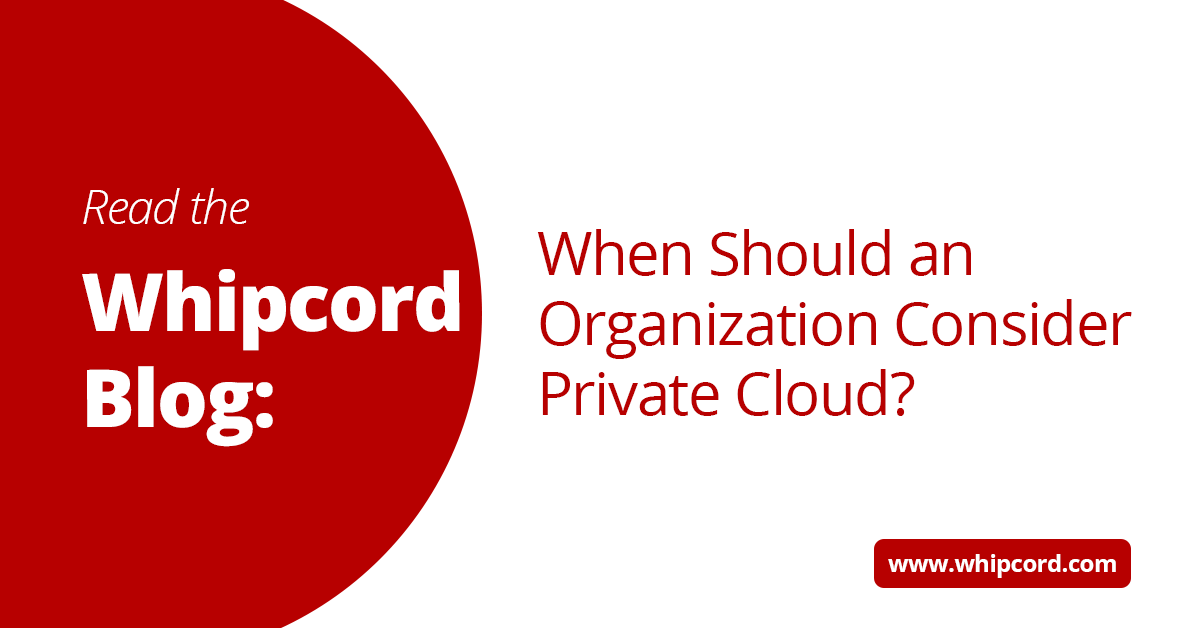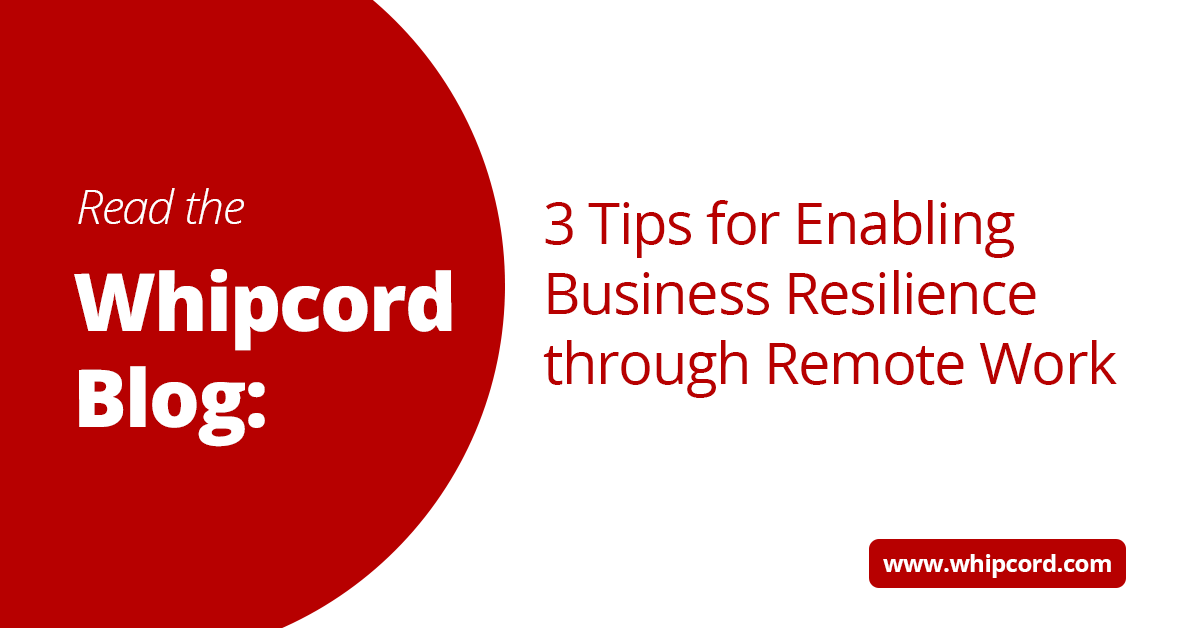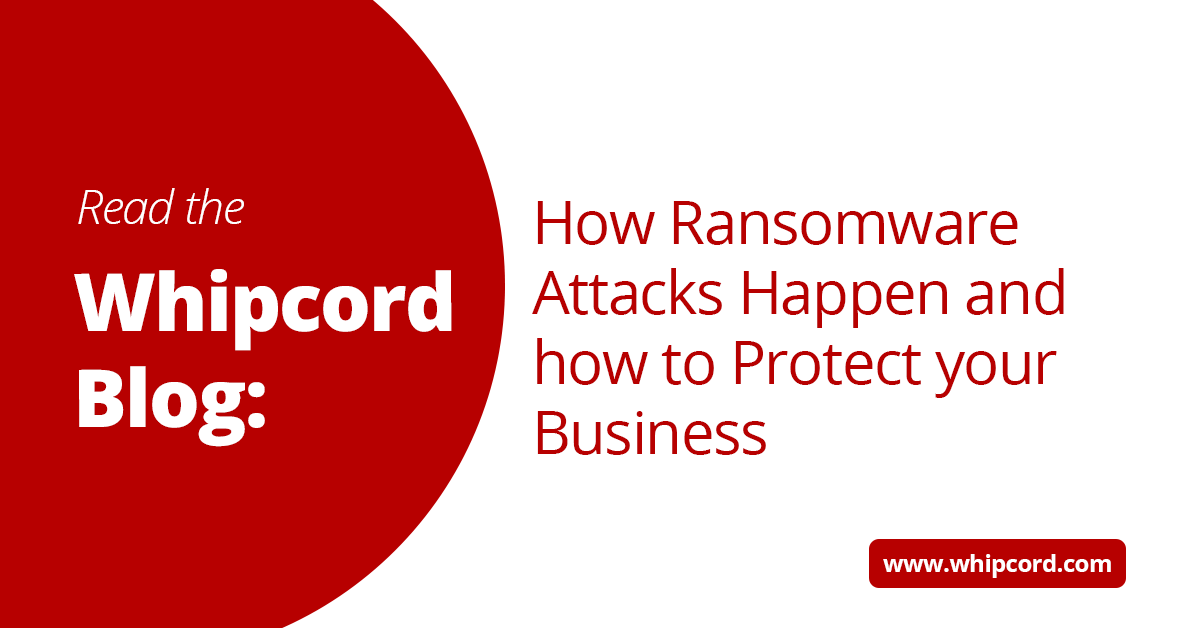Evaluating different factors of Private Cloud
If you’re in an IT technical role you likely already have a good understanding of the different cloud services options and the various providers out there. As you already know, there are a few different benefits of public, private and hybrid cloud environments. If your company is currently going through the process of evaluating which type of cloud deployment will work best for their organization, they’re likely looking at few different factors such as security, cost, control and scalability.
So, when does private cloud become the top contender for deployment? Let’s look at the reasons why an organization might choose private cloud and who those organizations might be.
What Types of Businesses Often Deploy Private Cloud?
Private cloud is leveraged by many different types of businesses across all verticals. Multi-tenant private clouds can provide an alternative to public clouds, offering ease of use and predictable billing that is appreciated by small and mid-size businesses. Dedicated private cloud environments, on the other hand, provide the flexibility of a fully dedicated environment that often appeals to larger organizations needing more control or having regulatory or compliance requirements that dictate an isolated environment. From small business e-commerce sites to school boards looking to free up IT resources, private cloud solutions appeal to a wide range of customers.
Why Organizations Deploy Private Cloud?
There are many reasons why an organization might leverage private cloud, from security and control to ease of use and predictable billing. It’s quite possible that companies leveraging an on-premise environment are facing costly infrastructure renewals and they need to consider other scalable and cost-effective models, yet, they don’t have the technical resources to go to a public cloud solution.
Another important consideration is the efficient utilization of IT personnel. The most critical resource an organization has is its people; freeing up IT personnel to spend more time on high value activities as opposed to managing infrastructure can increase productivity and reduce IT overhead.
4 Benefits of Private Cloud
Ease of Use and Predictable Billing – Most organizations see the value of the cloud, but there are problems with the public cloud model. It can be very complex, offering hundreds of different options, and your monthly bill can be very difficult to predict due to many extra charges for things such as outgoing bandwidth, API calls, etc. Private cloud is usually offered in a fully managed flavour, and the billing is consistent and predictable.
Security & Control – One of the most important benefits of a private cloud and often the most cited reason for companies with privacy concerns to switch from a public cloud to private cloud environment is security. A dedicated private cloud solution allows companies to address security concerns by establishing a dedicated environment with strict access controls. It also provides greater levels of control with full access to the hypervisor. Private cloud solutions are typically built on industry-standard platforms such as VMware that are well known and understood by enterprise IT teams.
Cost – Public cloud solutions include complex billing that is very difficult to predict. Extra charges for outgoing traffic, API calls and other items lead to monthly costs that are almost always higher than anticipated. With private cloud, billing is more predictable and can be less expensive for businesses. When compared to the cost of building and maintaining an on-premise environment, the overall cost of ownership is significant lower with private cloud and it’s no longer considered a capital expense, but an operating expense, which can be beneficial for an organization’s budget.
Customization & Flexibility - An important feature of private clouds is the level of customization they offer. Organizations often have their own set of technical and business requirements and private cloud is better at facilitating those requirements as opposed to public cloud. With private cloud, you can choose an infrastructure with specific storage and networking so that the system meets your business needs. Overall, they can conform to the performance, scaling, and architecture requirements of organizations much better than public cloud.
Thinking About Deploying Private Cloud?
Although public cloud is well suited to native web-scale development, this is not a use case that many small to mid-size businesses will need. If your organization uses legacy enterprise applications or handles proprietary, financial or personal data, private cloud is the best option.
When considering which type of cloud environment to deploy, there are certainly factors that you need to consider and these factors will need to align with your long-term business goals.
As a trusted IT partner, Whipcord works collaboratively with you to understand your business needs and provide insight into the most cost-effective solutions that match the needs of your organization. We have world-class facilities across Canada, and as a team we adopt a flexible approach to help you build a solid private cloud infrastructure that supports your business goals today and well into the future.
To learn more about Whipcord's private cloud solutions click here.
-1.png?width=1092&height=792&name=logo%20(1092x792)-1.png)
%20copy(black%20letters).png?width=1092&height=792&name=logo%20(1092x792)%20copy(black%20letters).png)




.png?width=100&height=91&name=white%20logo%20(100x91).png)